Rosemary 101: From Ancient Rituals to Modern Remedies
| Authored by: Sanjana Tharwani |
| Reviewed by: Kapil Dhameja |
| Estimated Reading Time: 4 minutes |

Be it for sprinkling over roasted chicken or infusing in olive oil, rosemary is the ultimate culinary sidekick.
Now you might argue that it's just another spiky herb found in the kitchen, but its roots go deeper than your average garnish.
In this guide, we’ll be talking about ancient rituals, sacred symbolisms, old-school medicine, modern science, and your (our) favorite skincare!
It's time to learn more about the holy grail herb you didn’t know you needed in your kitchen, bathroom, diffuser, and maybe even your life. Read along to learn how!
Table of Contents |
Ancient Origins of Rosemary

Rosemary, or Rosmarinus officinalis, being native to the Mediterranean region, usually grows in dry and rocky landscapes. Its Latin name translates to “dew of the sea”, a reference to its coastal habitat and delicate scent. It was used by the Egyptians in their burial rituals, by the Greeks during exams to boost memory, and associated by the Romans with loyalty and protection.
In fact, historical records dating back to 500 B.C. mention rosemary’s uses in perfumery, food, and medicine. Rosemary’s benefits of health include it as a cure for headaches, digestion, and respiratory issues, according to certain ancient herbal texts.
Symbolism and Rituals
While today you might recognize rosemary for its uses in cooking, earlier, it played a sacred role in rituals and ceremonies.
-
Memory and Mourning: Ancient Greeks were of the belief that rosemary helped in strengthening the memory, due to which students were often seen braiding it into their hair before exams. The same belief extended to funeral customs as well. Mourners in ancient Greece and later in Elizabethan England often threw sprigs of rosemary into the graves as a symbol of remembrance. How beautiful, isn’t it?
“There’s rosemary, that’s for remembrance.” – Shakespeare, Hamlet
-
Protection and Purity: If you are of the belief that the evil eye or nazar is just a modern myth, you couldn’t be more wrong. This practice belongs to medieval Europe, where rosemary was burnt to cleanse the air and ward off any illnesses. Some were also of the belief that hanging rosemary over the doorway could protect a home from evil spirits.
-
Love and Loyalty: Rosemary uses weren’t just limited to the kitchen or for medicine. Brides would often wear rosemary in their hair or add it to their bouquets. It was a symbol of eternal love and fidelity. It was also gifted during weddings and used in wine for toasts. Am I the only one swooning at the magicalness of it?
Traditional Medicinal Uses
You all agree that rosemary’s benefits for health are many. But you are of this opinion only because various laboratories have validated it. However, healers across various cultures trusted rosemary for such uses long before this:
-
Digestion: Rosemary tea was a common remedy for bloating, gas, and indigestion.
-
Circulation: Rosemary oil was used to improve blood flow and soothe muscle pain.
-
Respiratory Relief: It was a staple in steam therapy for colds and sinus congestion due to its aromatic properties.
-
Hair Health: Rosemary-infused oil was used to strengthen hair and prevent hair loss.
These uses were passed down orally and documented in texts like The Complete Herbal by Nicholas Culpeper in the 17th century.
Modern Scientific Validation
Science has finally caught up with tradition! Today, rosemary is under the microscope for its health-boosting properties and is finally receiving the validation that was long overdue.
-
Cognitive Function and Memory: Modern studies have confirmed one of rosemary’s uses as a memory enhancer. A 2012 study from Northumbria University found that the aroma of rosemary oil can improve cognitive performance and mood in healthy adults. Turns out ancient Greeks were right after all!
-
Anti-Inflammatory and Antioxidant Effects: Rosemary contains carnosic acid and rosmarinic acid. These compounds are shown to have strong anti-inflammatory and antioxidant effects. Currently, these are being explored for their potential in preventing neurodegenerative diseases and supporting overall immune health.
-
Antimicrobial Properties: A 2020 research article studying rosemary’s antimicrobial properties against certain bacteria like E. coli and Staphylococcus aureus has suggested that it has great potential in areas like natural food preservation and skincare formulations.
Contemporary Uses of Rosemary

It wouldn't be wrong to call rosemary the jack-of-all-trades! Rosemary uses have extended to food, wellness, and even personal care. Let’s explore some modern-day uses of rosemary:
-
Rosemary Uses in Cooking: Many might argue that the “OG” place of rosemary is in the kitchen. Its pine-like flavour pairs beautifully with roasted meats, potatoes, and vegetables.
-
Rosemary Benefits for Health: Rosemary supports modern wellness routines in numerous ways:
-
Improves digestion: Drinking rosemary tea can aid in bile flow and support digestion.
-
Boosts hair growth: Rosemary oil is a natural DHT blocker and is widely used to improve scalp circulation and prevent hair thinning.
-
Reduces stress: Aromatherapy using rosemary essential oil can help reduce cortisol levels and improve alertness.
-
Supports immunity: Thanks to its antioxidants, rosemary can strengthen the immune system when consumed regularly.
-
Skincare and Beauty: Thanks to antimicrobial and anti-inflammatory benefits, rosemary extracts have now become a staple in face washes, toners, and creams. It helps to reduce acne, tone the skin, and stimulate circulation.
How to Grow and Use Rosemary at Home
Rosemary is low-maintenance and perfect for indoor or outdoor pots. It prefers full sunlight and well-drained soil. You can:
-
Clip fresh sprigs for daily use
-
Dry bunches for long-term storage
-
Make rosemary-infused oils and vinegars for gifts or kitchen use
Conclusion
From sacred rituals to science-backed remedies, rosemary’s uses have stood the test of time. Whether you’re sprinkling it over roasted potatoes, sipping rosemary tea for digestion, or diffusing it for mental clarity, this herb continues to serve body, mind, and soul.
As the world leans more toward holistic and natural living, rosemary is not just a nostalgic nod to the past — it’s a vibrant part of our future wellness tool kit.
Recommended Products:
Honing Healthy Hair Habits: A Detailed Guide For Scalp Care
How to Reverse Grey Hair Naturally: Tips & Remedies to Restore Your Natural Color
Unlocking the Power Of Palm Fruit for Hair
Reference:
Rosemary Essential Oil Improves Cognitive Performance
Neuroprotective Effects of Rosmarinus officinalis
Rosemary’s Antimicrobial Properties


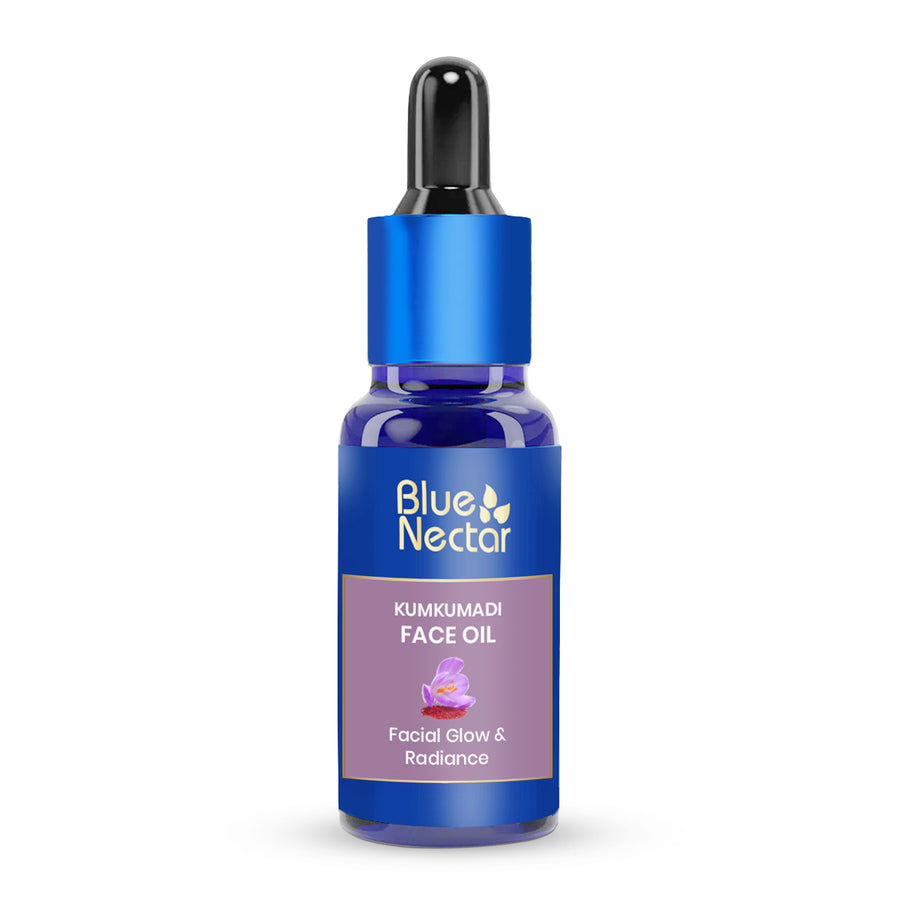
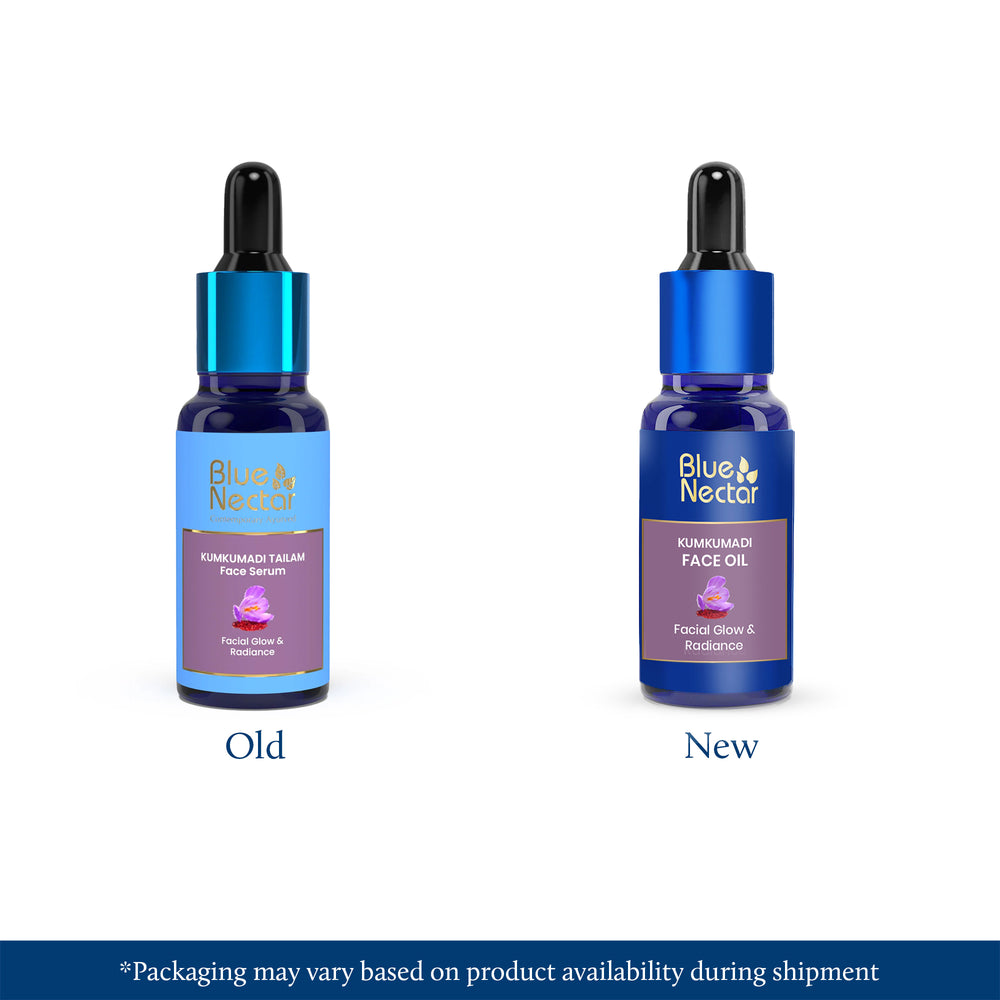
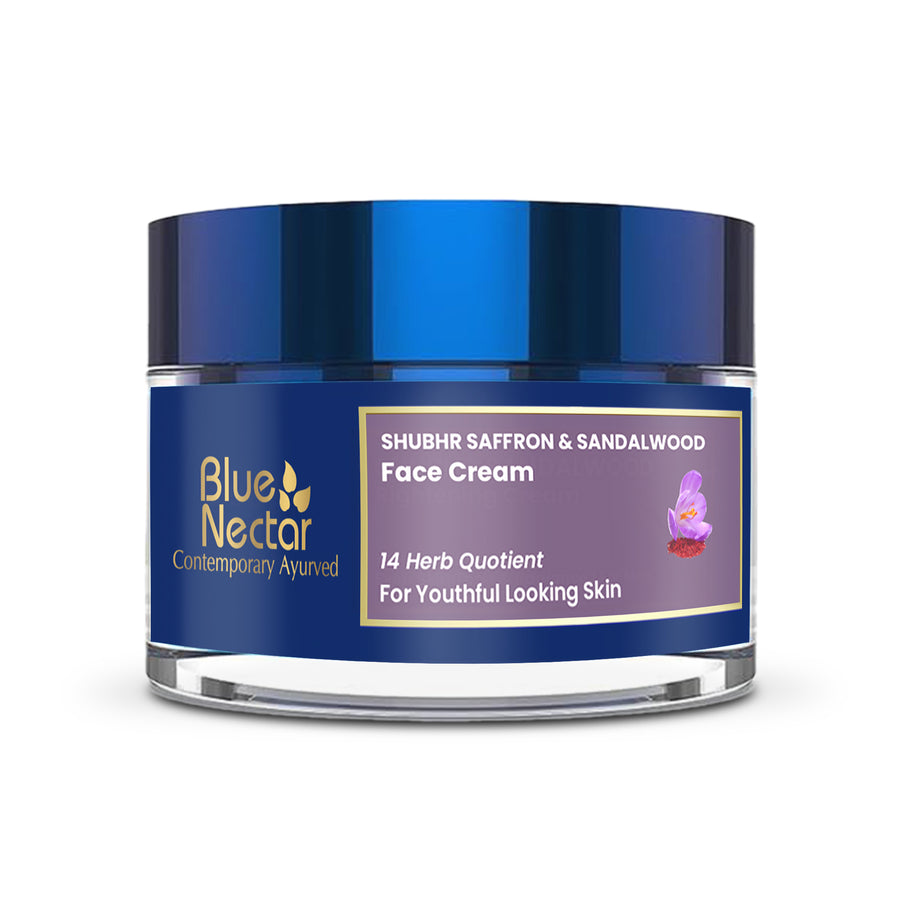
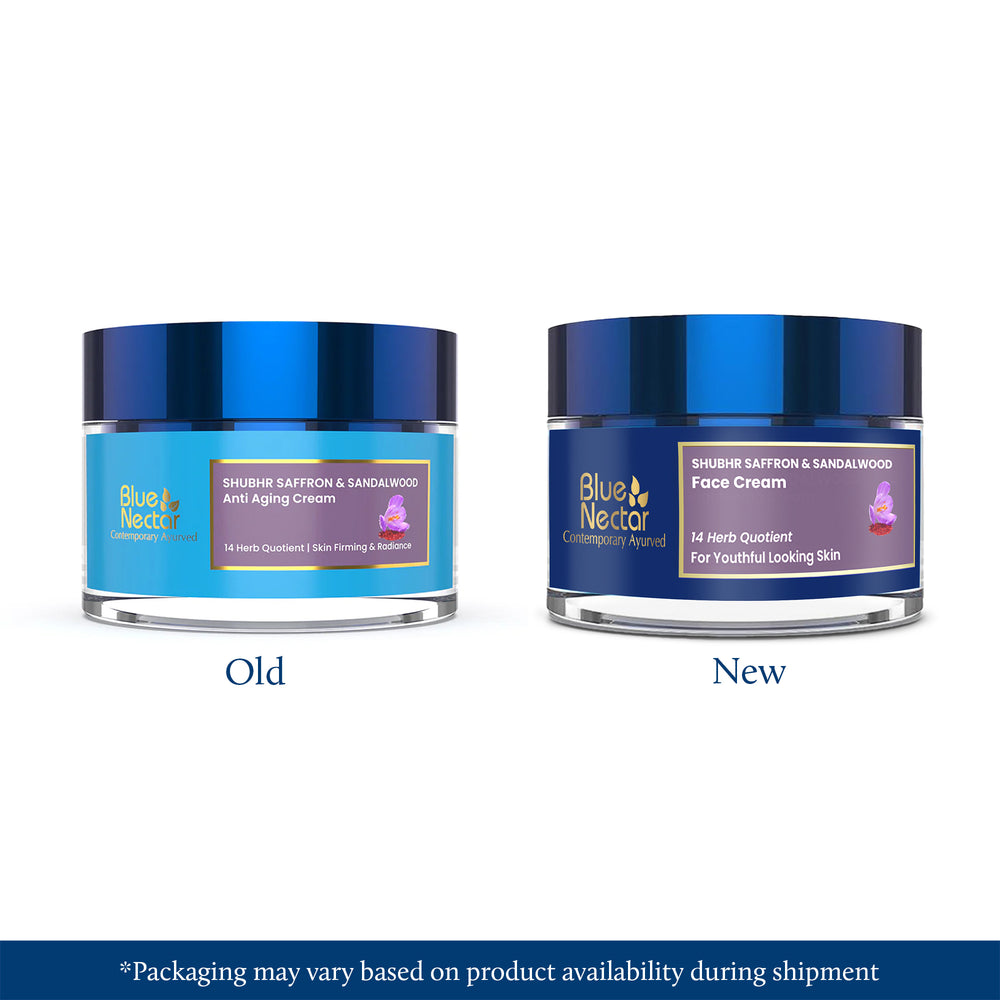
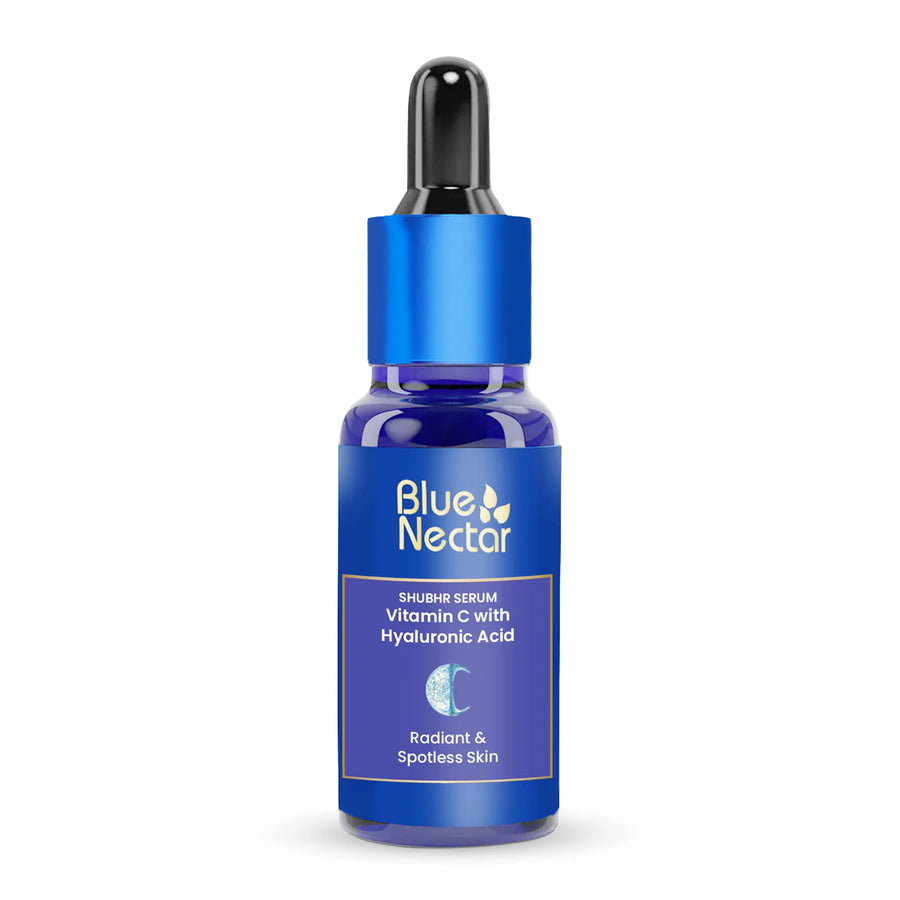
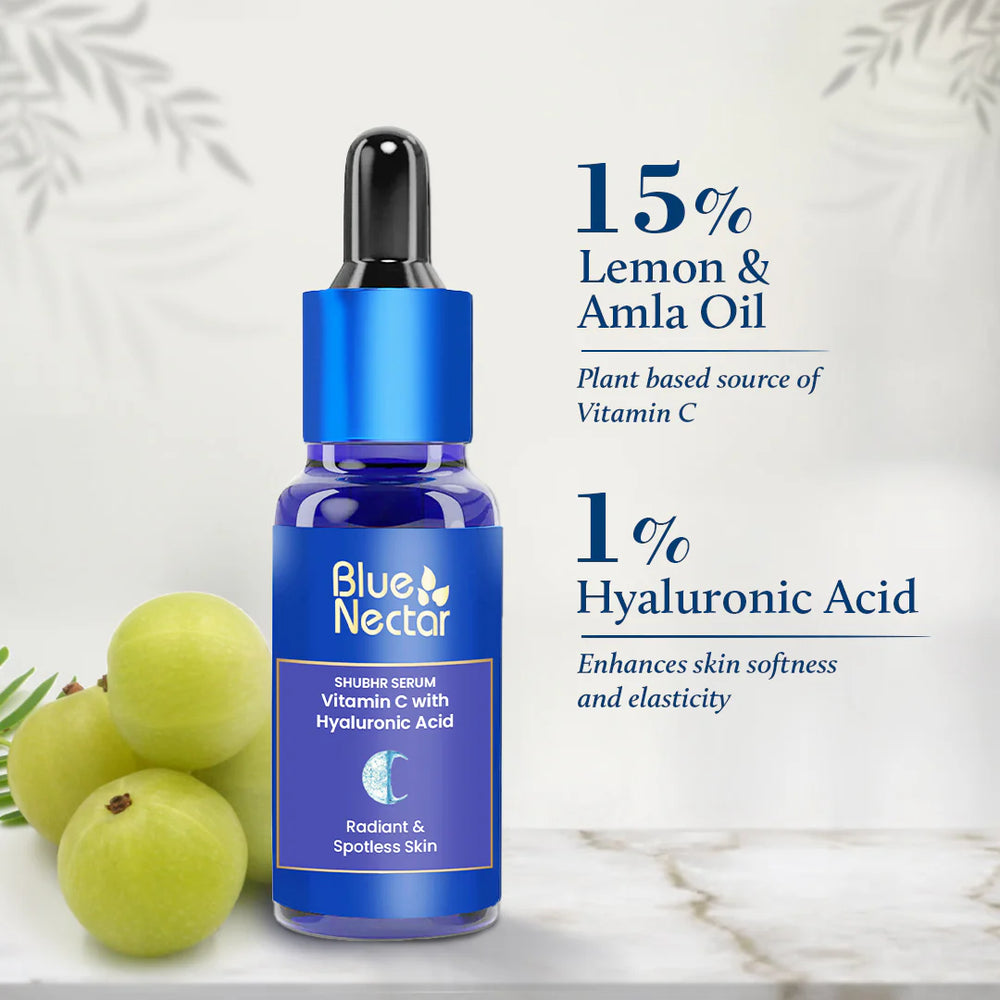

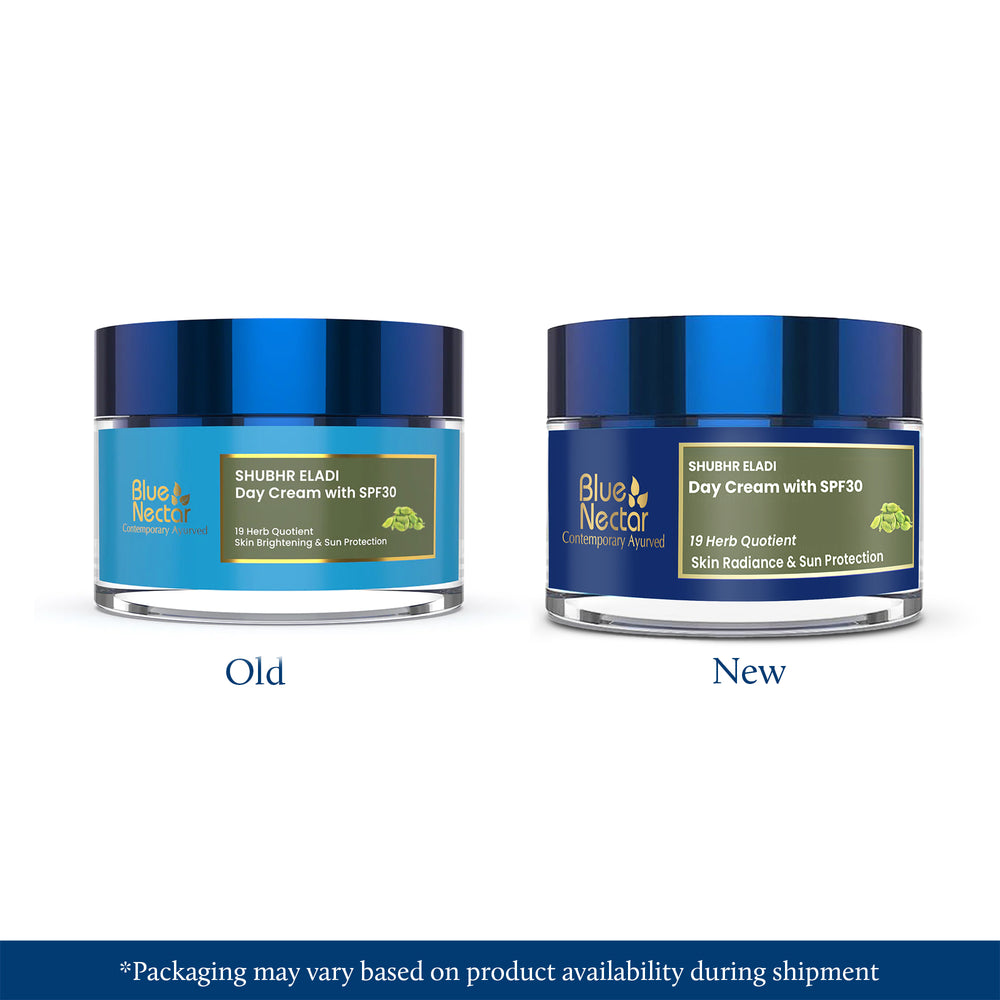
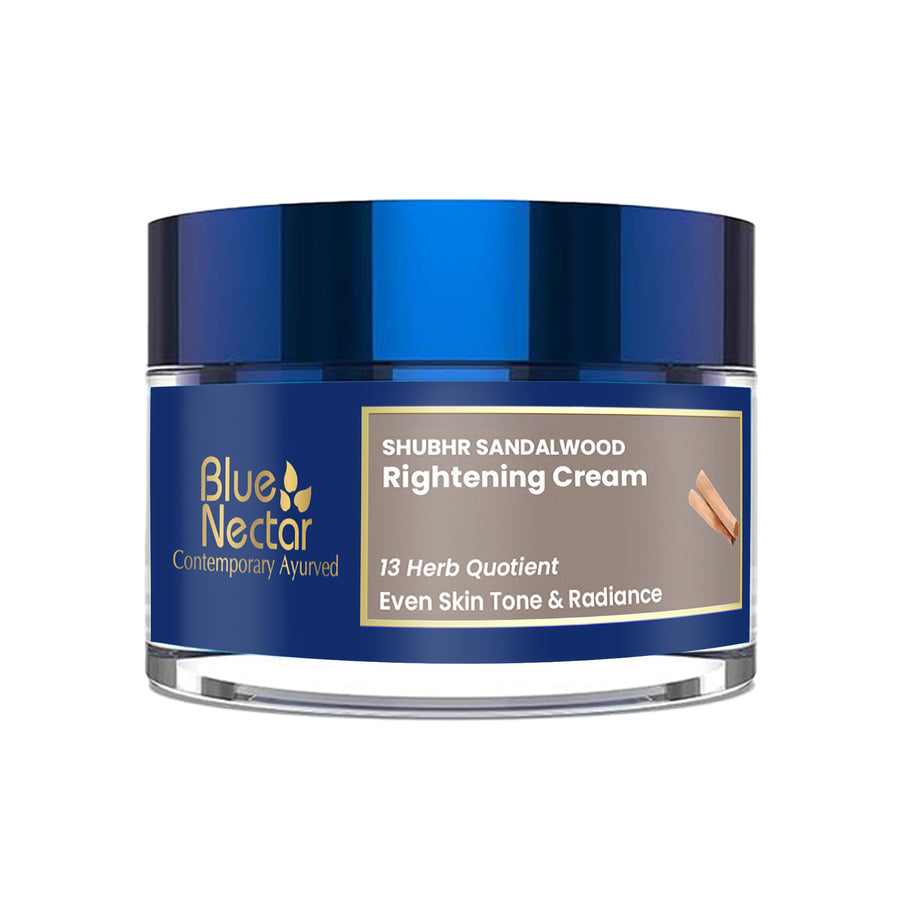
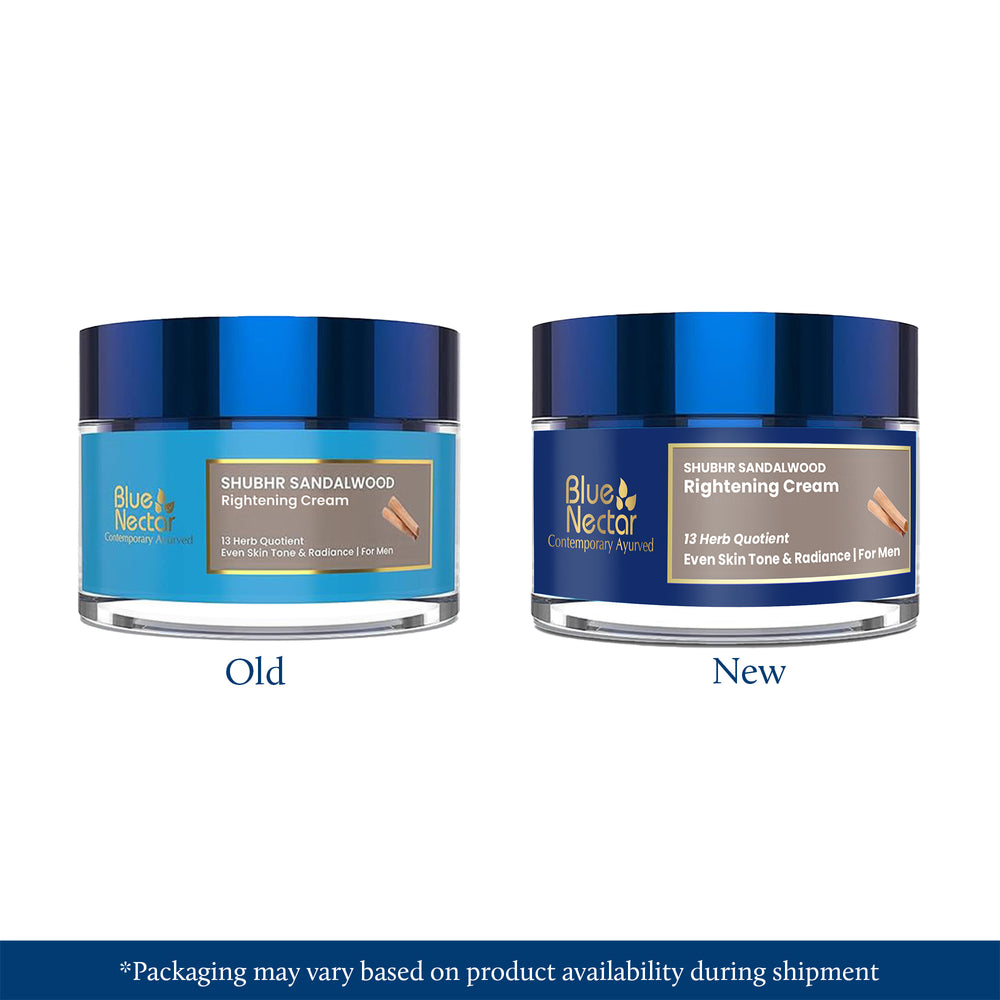




Leave a comment